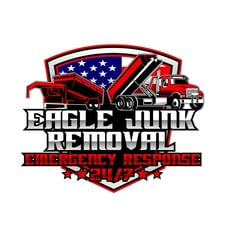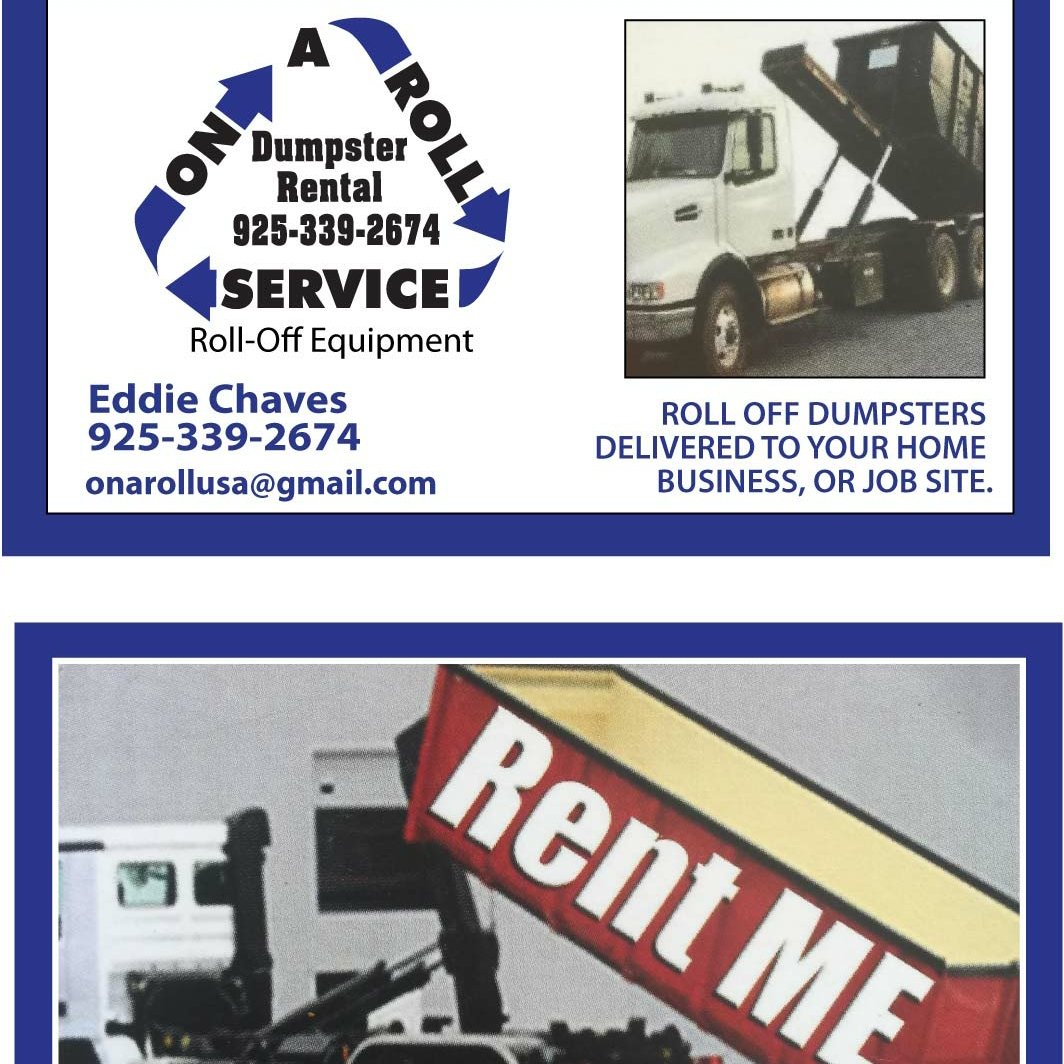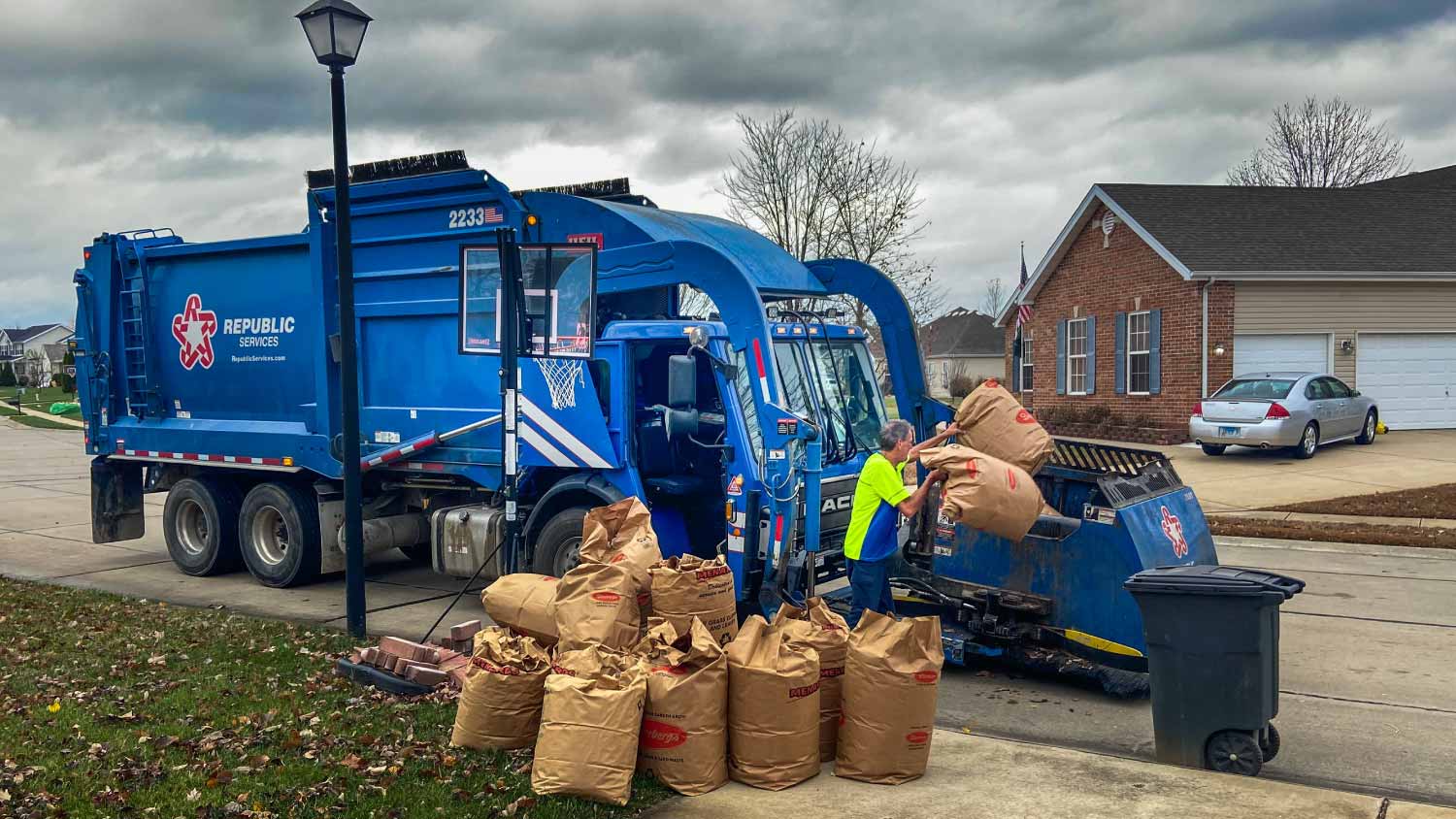
Eagle Junk Removal
Eagle Junk Removal
At EAGLE JUNK REMOVAL we are a dedicated team of junk removal experts committed to providing fast, efficient, and eco-friendly junk removal solutions. Whether you're clearing out your home, office, or construction site, we're here to make the process as simple and stress-free as possible. Founded with the goal of offering reliable and affordable junk removal services, we have quickly built a reputation for excellence. Our professional team is fully licensed, insured, and trained to handle all types of junk removalfrom furniture and appliances to construction debris and yard waste. Our mission is to help you reclaim your space. We know that dealing with junk and clutter can be overwhelming, which is why we're here to do the heavy lifting for you. We aim to provide a seamless, hassle-free experience with every job we take on. From the moment you book with us, we take care of everything: from hauling away your items to ensuring that they are disposed of responsibly.
"Jesus and Omar are simply amazing I now have a reputable company that will complete bi-weekly work! very nice team. "
Patricia Eileen K on September 2025
At EAGLE JUNK REMOVAL we are a dedicated team of junk removal experts committed to providing fast, efficient, and eco-friendly junk removal solutions. Whether you're clearing out your home, office, or construction site, we're here to make the process as simple and stress-free as possible. Founded with the goal of offering reliable and affordable junk removal services, we have quickly built a reputation for excellence. Our professional team is fully licensed, insured, and trained to handle all types of junk removalfrom furniture and appliances to construction debris and yard waste. Our mission is to help you reclaim your space. We know that dealing with junk and clutter can be overwhelming, which is why we're here to do the heavy lifting for you. We aim to provide a seamless, hassle-free experience with every job we take on. From the moment you book with us, we take care of everything: from hauling away your items to ensuring that they are disposed of responsibly.
"Jesus and Omar are simply amazing I now have a reputable company that will complete bi-weekly work! very nice team. "
Patricia Eileen K on September 2025











